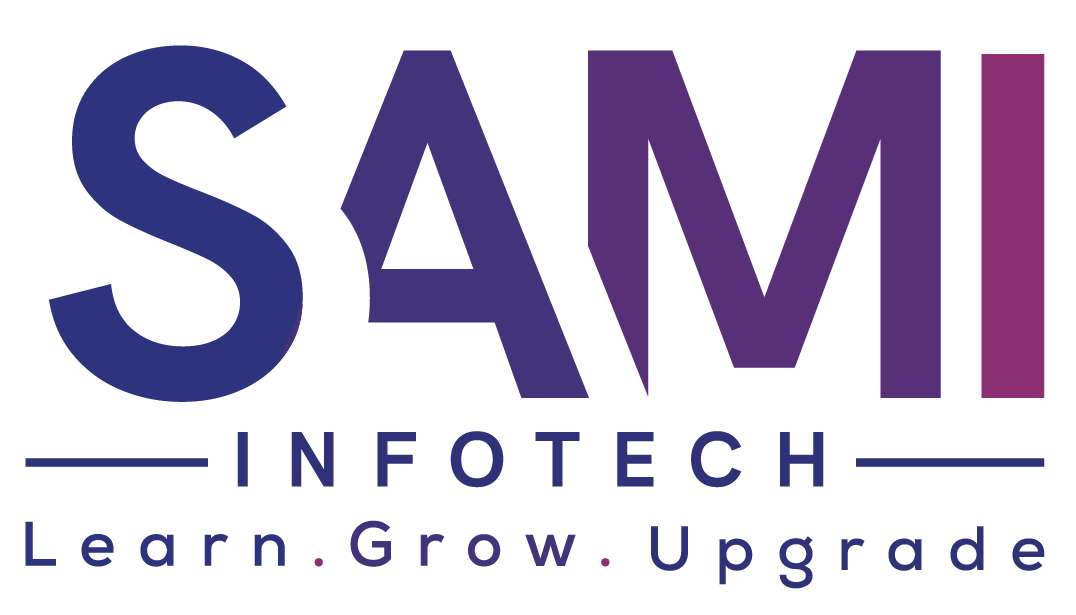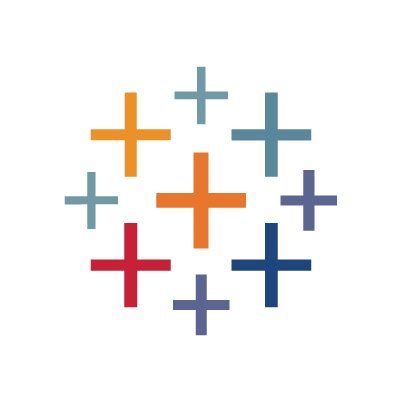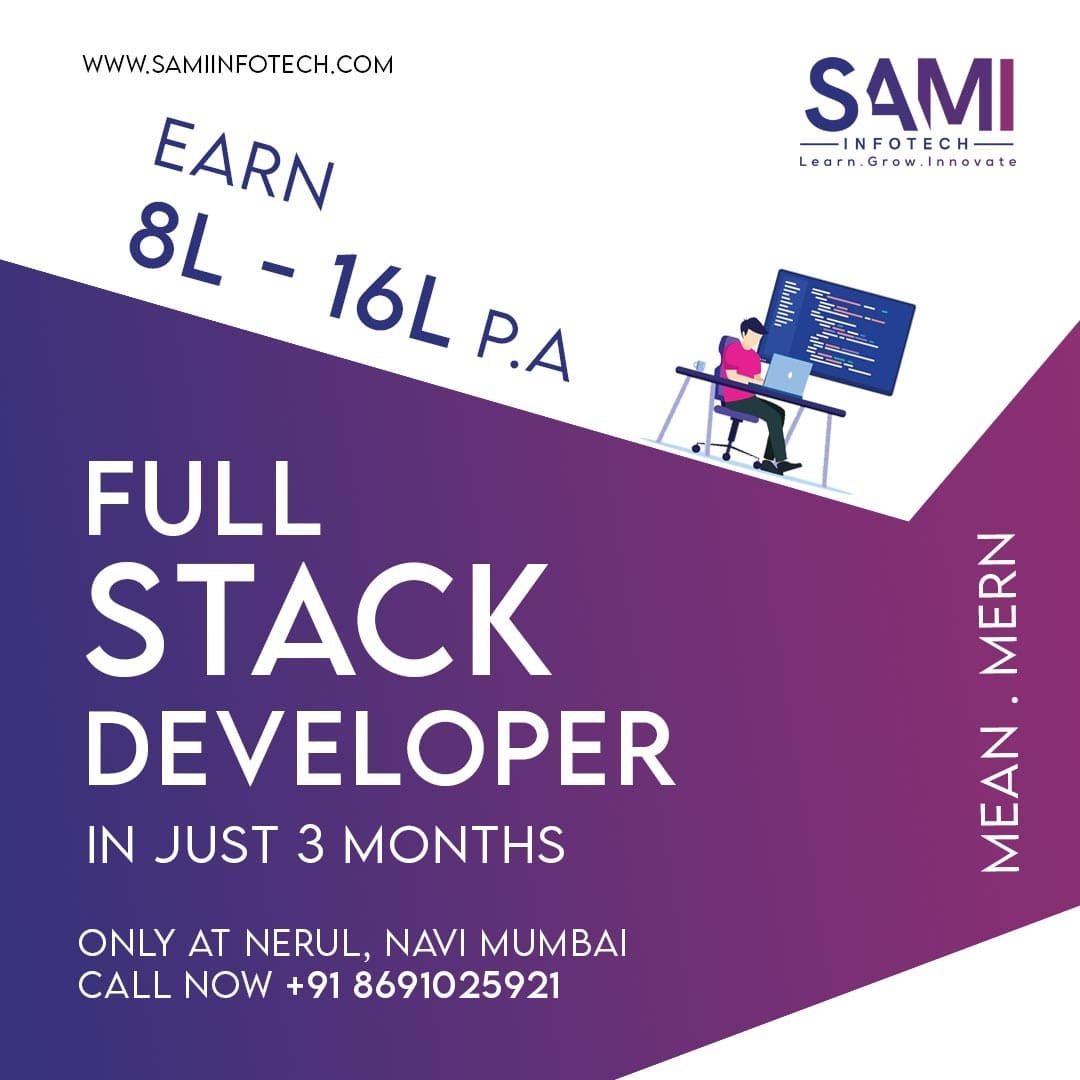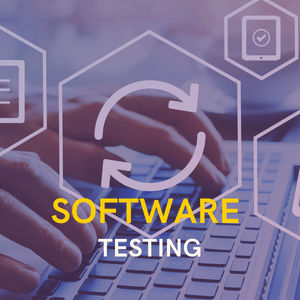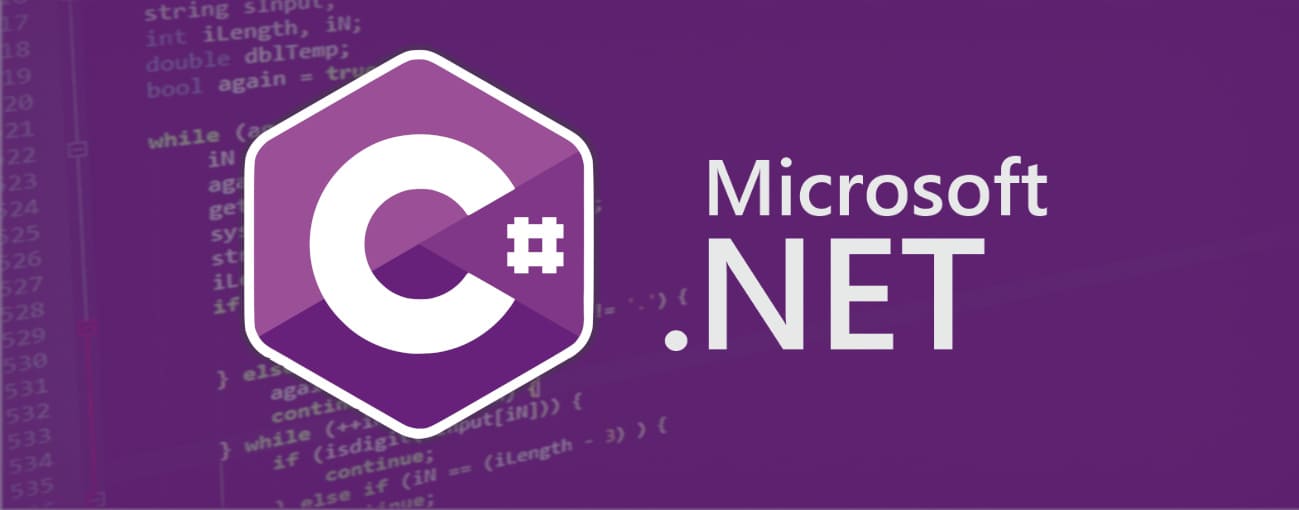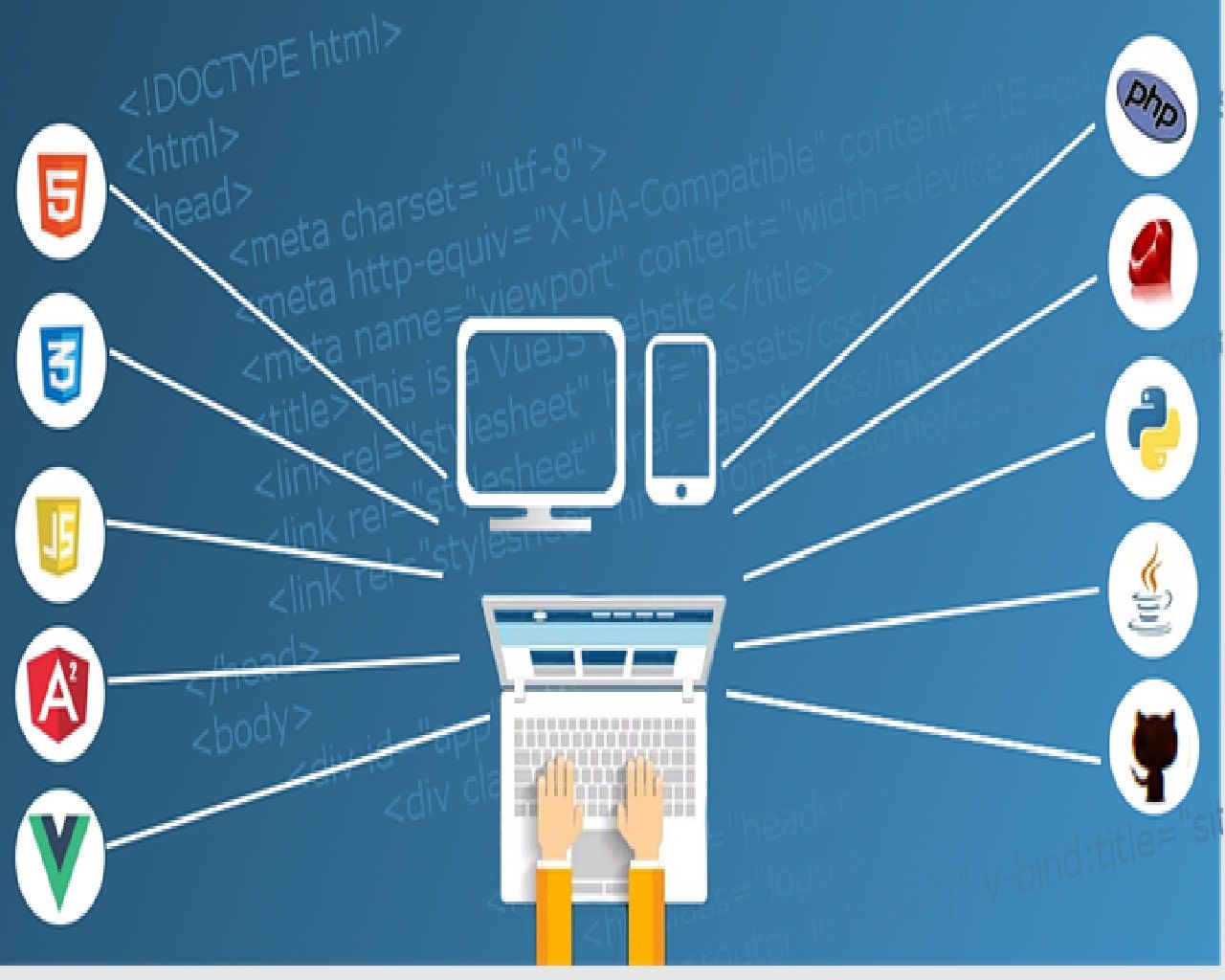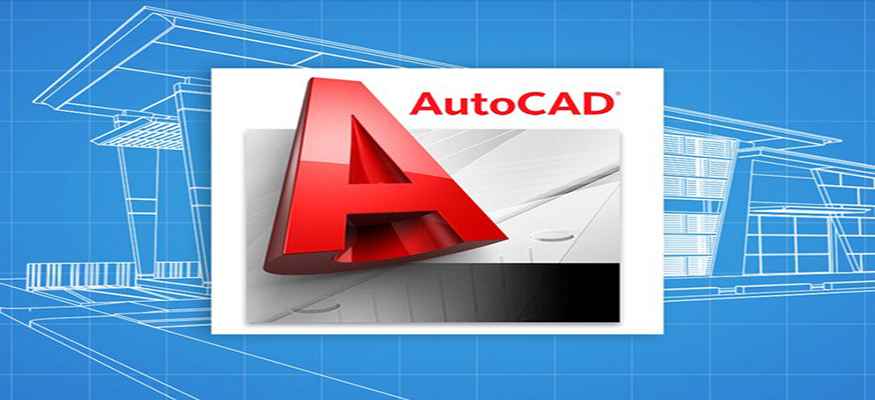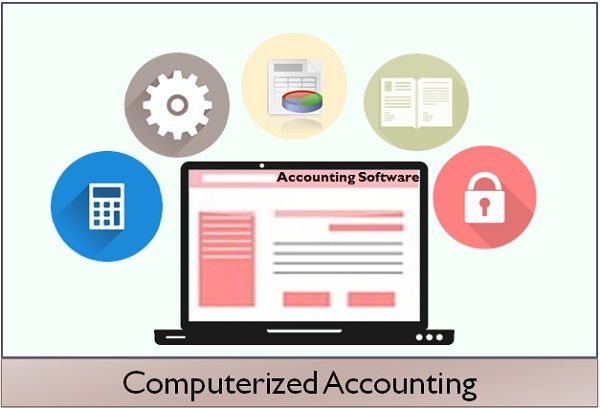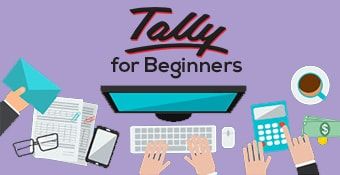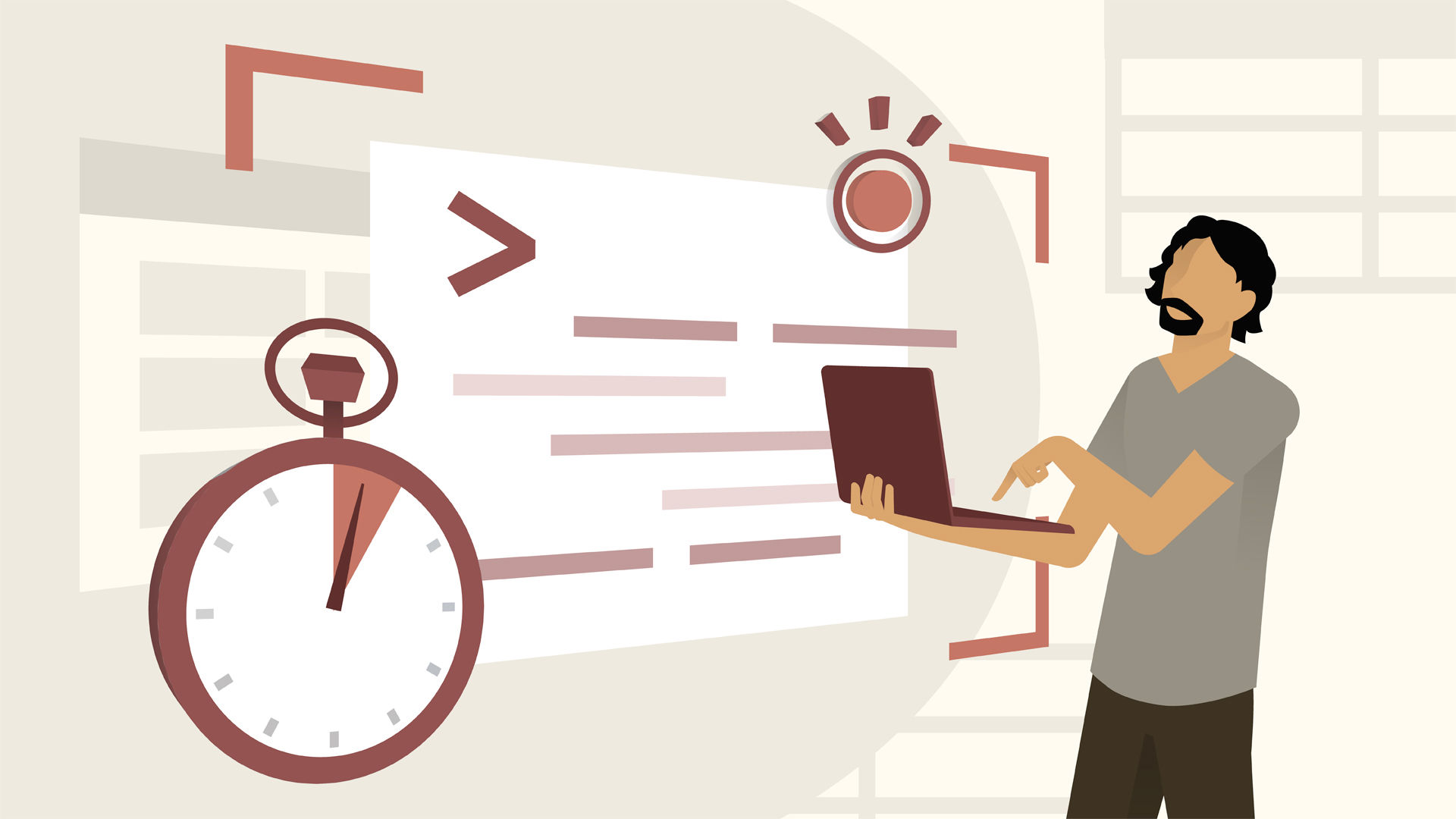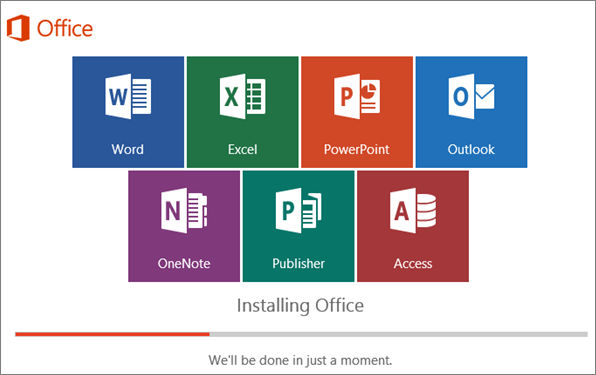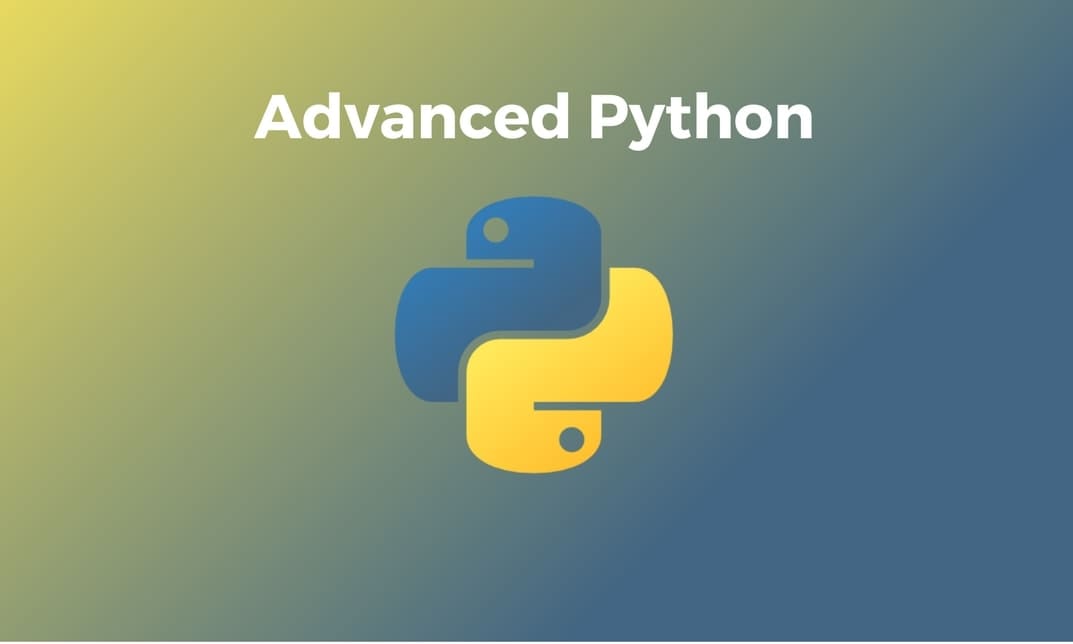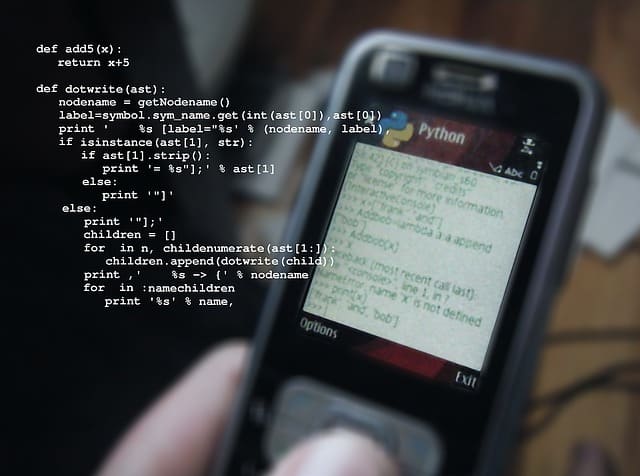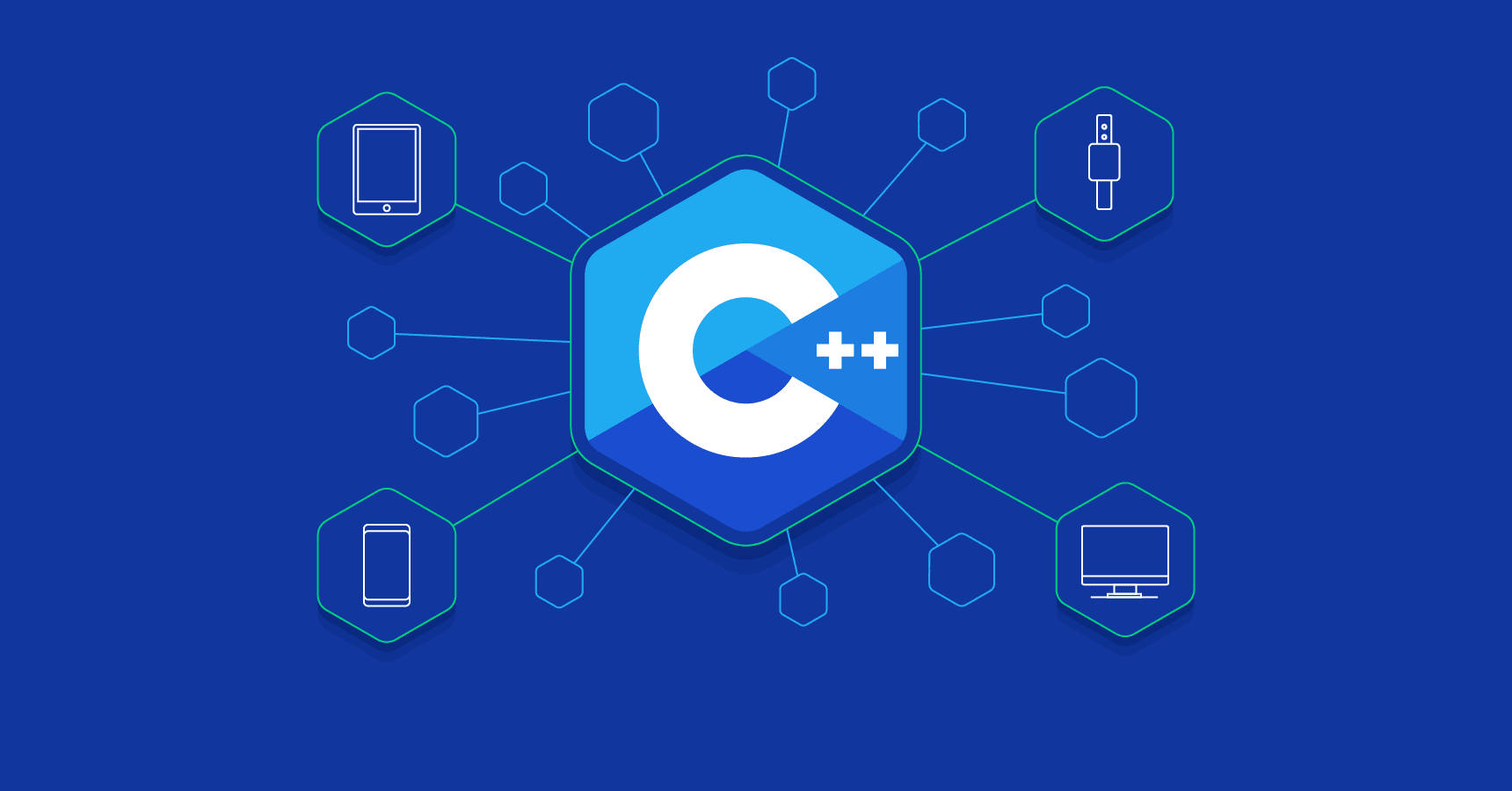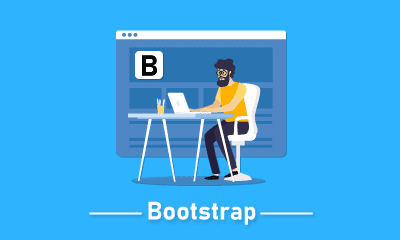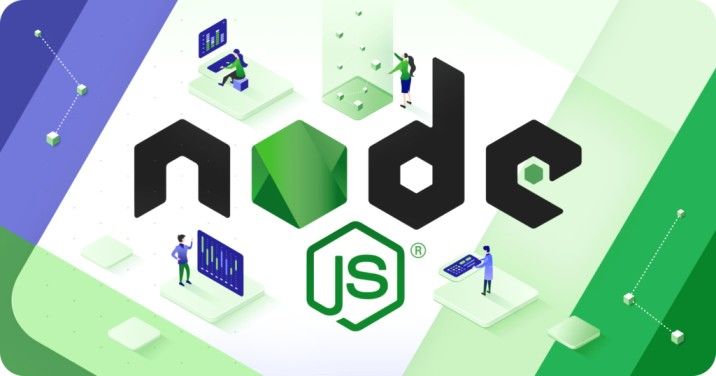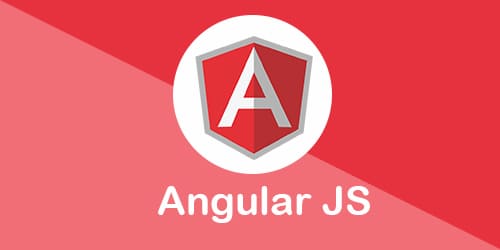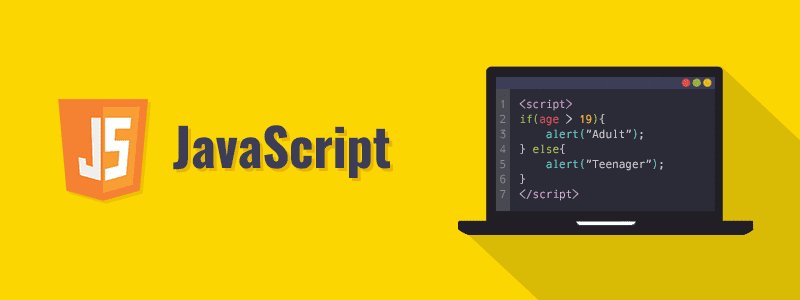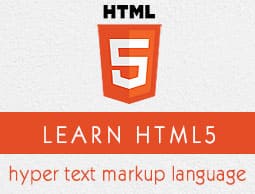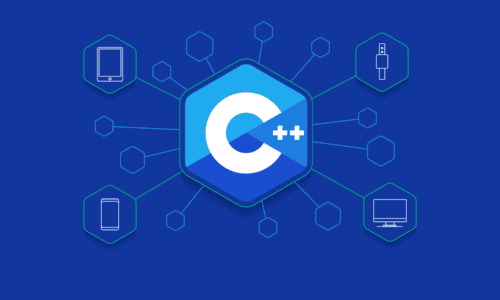What’s Included
1 project file
11 chapter quizzes
Access on tablet and phone
Certificate of completion
Course Description
Learn the basics of Java programming language, including syntax, data types, variables, operators, and control flow statements.Understand key OOP concepts such as classes, objects, inheritance, polymorphism, and encapsulation, essential for building robust and modular Java applications.Explore the Java Standard Library (Java API) and its core packages for performing common tasks such as input/output (I/O), string manipulation, collections, and exception handling.
Covers the basics and importance of C programming, including its history and widespread use.
Covers the basics and importance of C programming, including its history and widespread use.
Covers the basics and importance of C programming, including its history and widespread use.
Covers the basics and importance of C programming, including its history and widespread use.
Curriculum
Module 1: Structure of the C ++ Programing
- Installation link
- Installation steps
- C++ programming features
- Difference between c and c++
- Understanding concepts of oop
- Printing hello world
Module 2: Token
- Introduction to Tokens
- Character set
- Syntax for Declaring Variables
- Data Types in Variable Declarations
- Examples of Variable Declarations
Module 3: Decision Making Statements
- Overview of if, else if, and else statements.
- Formulating conditions that evaluate to true or false.
- Nested if
- Ternary operators
- Switch case
- practice set question
Module 4: Looping Statements
- While and do while
- Loop executions
- Syntax
- For loop
- Execution
- Syntax
- Nested Loops
- Patterns programs
- Break and continue statements
- practice set question
Module 5: Array
- Introduction to Arrays
- Definition and Purpose
- Declaration and Initialization
- Accessing Array Elements
- Updating array elements
- Input array element dynamically
- Search array elements
- Practice set Questions
Module 6: Strings
- Definition and Purpose
- String Declaration and Initialization
- String Manipulation Functions
- Input string dynamically
- Practice Set Quesions
Module 7: Functions
- Introduction to Functions
- User define functions
- Types of function
- Pass by value
- Pass by reference
- Practice set Questions
Module 8: pointers
- Introduction to Pointers
- Declaration and Initialization of Pointers
- Pointer Operators
- The & Operator
- Pointer Arithmetic
- Null Pointers
- Dynamic Memory Allocation
- Arrays and Pointers
- Pointer-related Best Practices
Object oriented programming
Module 1: Classes and Objects
- Classes as user-defined data types.
- Object instantiation and initialization.
- Member variables and member functions.
Module 2: Constructors and destructors in classes.
- Default constructors.
- Parameterized constructors.
- Constructor overloading with multiple constructors in a class.
- Destructor and its role in resource management.
Module 3: Inheritance
- Default constructors.
- Parameterized constructors.
- Constructor overloading with multiple constructors in a class.
- Destructor and its role in resource management.
Module 4: encapsulation
- accesss specifier(private , public , protected).
- Data Encapsulation.
- Benefits of Encapsulation
- Setter and getter method
- Access Specifiers
- Encapsulation programs
- Friend Functions and Classes
Module 5: Polymorphism
- Compile time polymorphism
- Method overloading
- run time polymorphism
- method overriding
- Virtual functions
- Rules for virtual functions
- Pure virtual functions
- Virtual base classes
Module 6: Exception Handling
- Try Block
- catch block
- Throw statement
- Exception Types
- Exception Handling Mechanism
